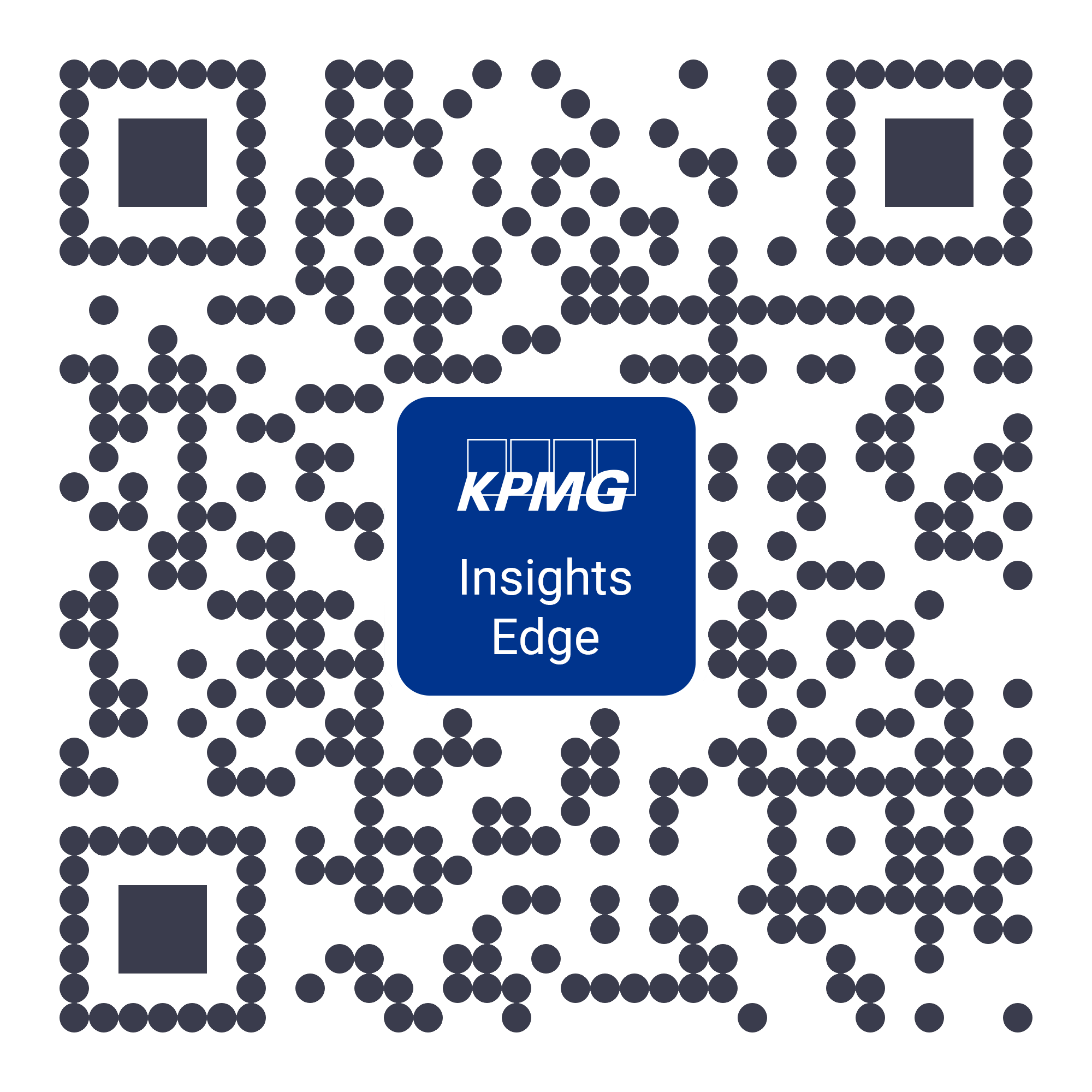AI has the immense potential to transform lives, boost industries and help tackle some of the most pressing global issues. Fully realising this potential requires collaboration, a collective commitment to responsible innovation and appropriate regulation with education programs and skills development initiatives to help individuals better harness AI’s power.
Led by the University of Melbourne in collaboration with KPMG, Trust, attitudes and use of Artificial Intelligence: A global study 2025, surveyed more than 48,000 people across 47 countries to explore the impact AI is having on individuals and organisations. It is one of the most wide-ranging global studies into the public’s trust, use, and attitudes towards AI to date.









